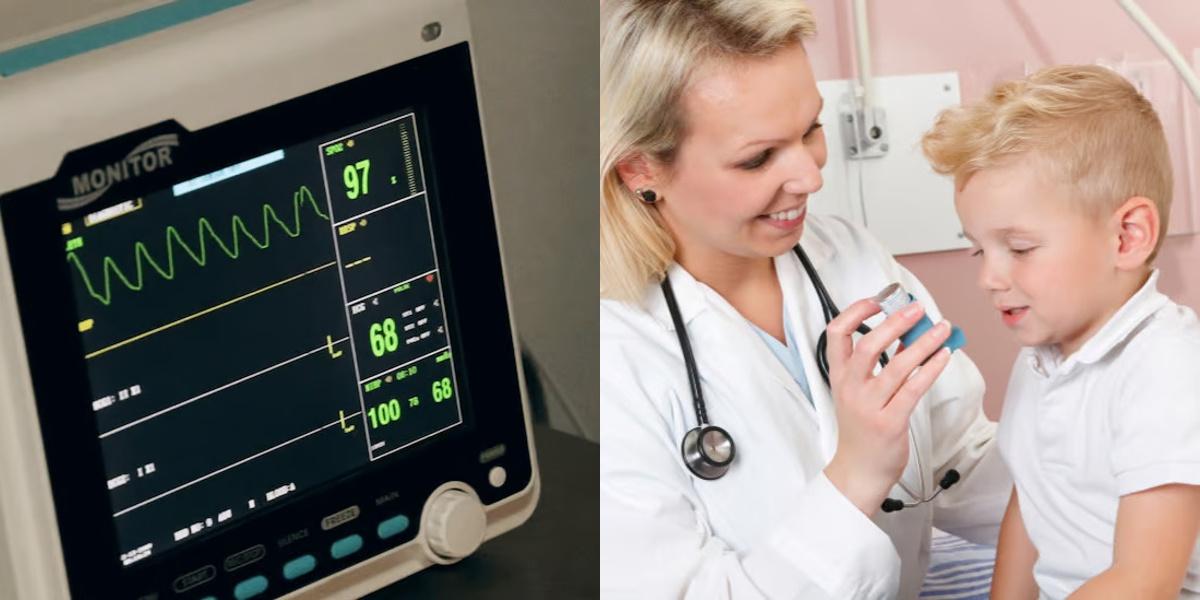EKG vs Respiratory Therapist

Key Points:
- EKG technicians focus on monitoring and recording heart activity; Respiratory Therapists manage respiratory care for patients.
- EKG technicians typically earn less than Respiratory Therapists, with the latter often earning higher salaries.
- Both fields have steady job growth.
- EKG technician training can be completed through certificate programs, while Respiratory Therapists require an associate's or bachelor's degree in respiratory care.
- EKG technician training is generally shorter and less expensive than Respiratory Therapists training.
Healthcare is a rapidly growing industry, and there is a high demand for skilled professionals in various specialties. EKG technicians and respiratory therapists are two such professionals who are essential in diagnosing and treating patients with cardiovascular and respiratory conditions. While both professions involve working closely with patients and using specialized equipment, there are key differences between the two roles that prospective students should consider when choosing a career path.
EKG vs Respiratory Therapist: Career Outlook and Salary
When considering a career path, it's important to take into account the job outlook and potential earnings. Here's a look at the career outlook and salary potential for EKG technicians and respiratory therapists:
-
EKG Technicians: According to the Bureau of Labor Statistics (BLS), the employment of cardiovascular technologists and technicians, which includes EKG technicians, is projected to grow 5 percent from 2019 to 2029. This growth is attributed to the aging population and the increased prevalence of heart disease. The median annual wage for cardiovascular technologists and technicians was $59,100 as of May 2020, according to the BLS.
-
Respiratory Therapists: The BLS projects that the employment of respiratory therapists will grow 19 percent from 2019 to 2029, much faster than the average for all occupations. This growth is driven by factors such as the aging population, the increased incidence of respiratory conditions like COPD, and advancements in technology. The median annual wage for respiratory therapists was $63,950 as of May 2020, according to the BLS.
Final Thoughts
Choosing a career in healthcare requires careful consideration of factors such as job responsibilities, education and training requirements, and career outlook. Both EKG technicians and respiratory therapists play critical roles in diagnosing and treating patients with cardiovascular and respiratory conditions. While EKG technicians primarily focus on the heart's electrical activity, respiratory therapists specialize in the management of breathing disorders. Ultimately, the decision between these two professions should be based on individual interests, strengths, and career goals.
Dreambound has strategically placed its educational programs in various locations, making it easy for aspiring individuals to access valuable opportunities. For a thorough insight into the dynamic realms of these two vocations, we encourage you to delve into more detailed information by visiting:

Stephanie Dayak is the go-to person for everything related to automation and integrations at Dreambound. As a Certified Tax Technician turned tech whiz, her sharp eye for detail and passion for efficiency become evident in every project she undertakes. When not solving tech puzzles, she's out exploring the local food scene, cozying up with her dogs, or plugged into a thought-provoking podcast. She's an ardent believer in mixing fun with functionality!




